Torqueedo introduces 80 kWh cell-to-pack LFP option for marine batteries; doubles range
Green Car Congress
JUNE 21, 2023
Torqeedo GmbH announced a new battery option for its Deep Blue series of marine electric drives: Deep Blue Battery 80. The new battery was unveiled at the Electric & Hybrid Marine World Expo in Amsterdam, Netherlands.










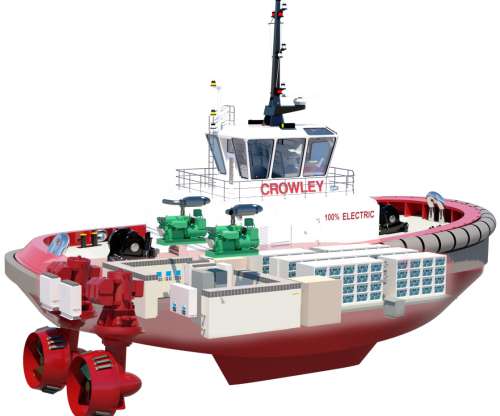










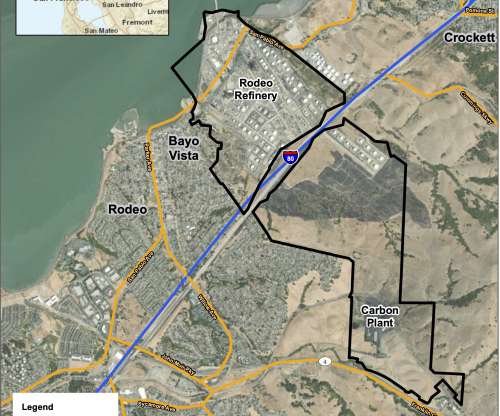




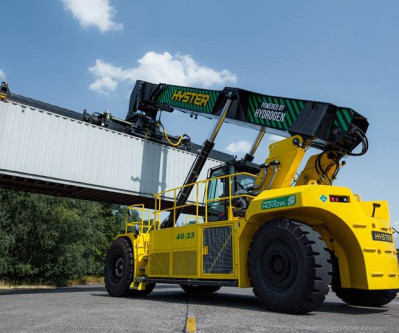




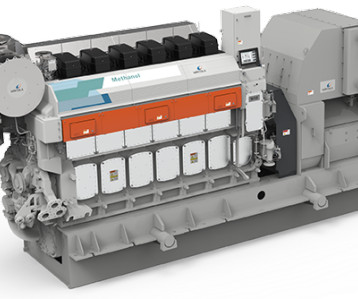
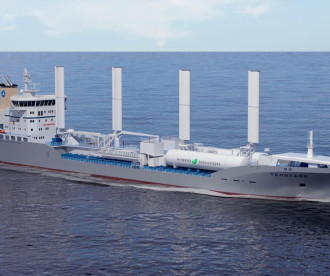







Let's personalize your content